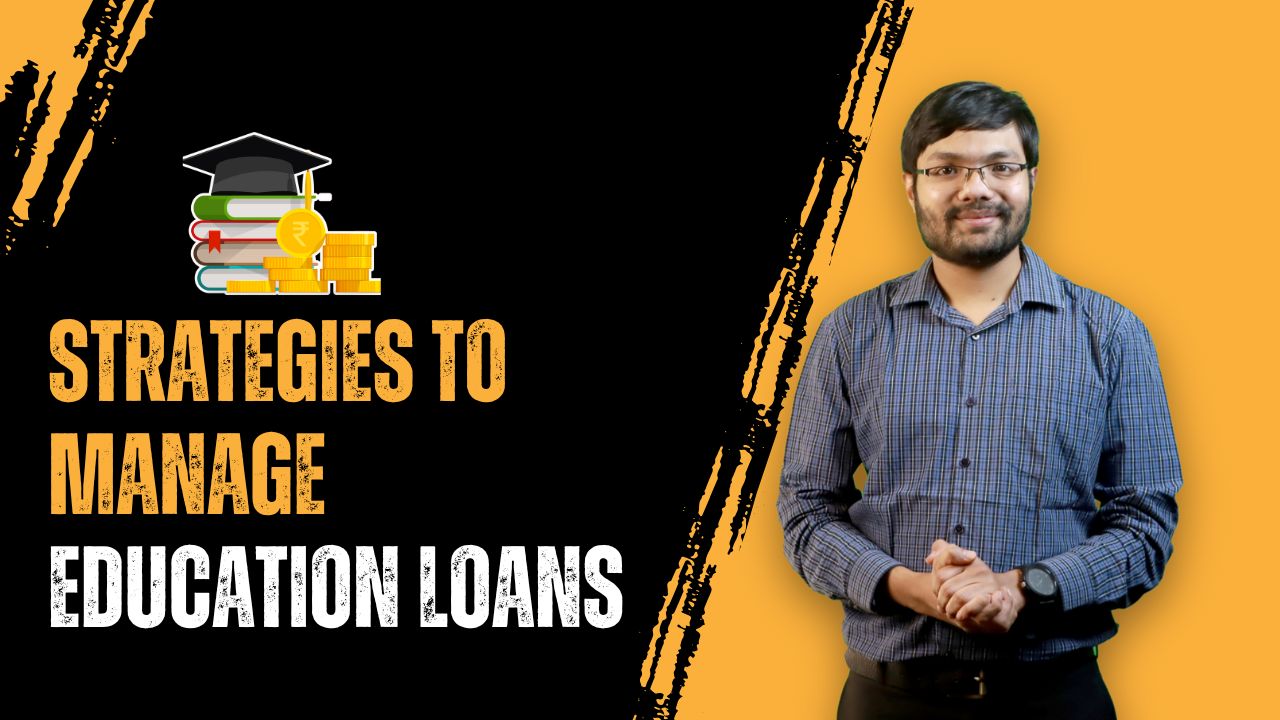The Education Loan Digest
Episodes

E01: Navigating Education Loans All You Need to Know
03 mins
Pursuing higher education could come with rising costs, but there might be ways to make them more manageable. In this video, we’ll explore how education loans could support your academic dreams by covering expenses like tuition fees, books, accommodation, and even travel. We’ll look into the different types of education loans available for domestic and international studies. From undergraduate courses to advanced degrees at top universities like IITs, IIMs, Harvard, Oxford, etc. there are various loan options that might help you. We’ll discover how domestic education loans could help fund studies in India, with options for secured or unsecured loans based on your eligibility. You’ll also learn about international education loans, designed to cover a broader range of costs like housing, health insurance, and so on. We’ll find out how government schemes might offer subsidies for students from economically weaker sections. Whether you plan to pursue professional courses, short-term certifications, or distance learning programs, education loans could offer the financial support you need. With a better grasp of education loans, you might be able to step closer to fulfilling your academic aspirations.

E02: Strategies to Manage Education Loans
03 mins
Managing an education loan might seem complicated, but there could be ways to make it simpler and more manageable. In this video, we’ll explore practical strategies to help you manage your education loan with ease. We’ll uncover how to avoid over-borrowing, calculate your expenses, and choose the right lender based on interest rates, repayment terms, and moratorium periods. We’ll also highlight the benefits of scholarships and financial aid, which could reduce the total loan amount. You’ll discover repayment strategies, such as automating EMIs, prepaying the loan when possible, and transferring your loan to a lender offering better rates. We’ll discuss how to manage interest rates, access lender concessions, and benefit from tax deductions under Section 80E of the IT Act. We’ll also address common repayment challenges, like handling financial hardships or job loss, and show how lenders might support you through repayment restructuring or deferment. With these strategies, you might be able to manage your education loan more effectively, reduce financial stress, and stay focused on your academic journey.
What to Watch Next
All



























